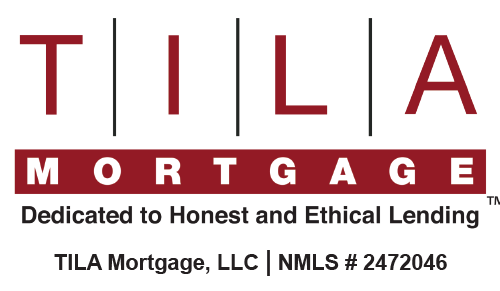Refinancing is an excellent way to lower your monthly mortgage payment amount or pay off your home loan faster. In a refinance, you are essentially replacing your old mortgage with a new one that has new terms. Especially during periods when interest rates are low, refinancing is incredibly popular.
In most cases, borrowers consider refinancing to secure a better interest rate, reduce their monthly payment, or change the term (length) of their loan. Others refinance to change from an unpredictable ARM loan (adjustable rate) to a fixed-rate loan. Still, others refinance to pull out equity to fund costly expenses like a vehicle purchase or kids’ college tuition.
Even though refinancing has a number of potential benefits, it’s still a huge financial decision and should not be entered into lightly. No matter your reason for home refinancing, you will be spending a fair amount of money on the application fee, closing costs, and other related expenses. Take the time to evaluate your specific goals and financial situation before applying for a refinance.
Once you’re confident it’s the right decision and you’re ready to proceed, you will need to gather the following documents to submit to your mortgage lender:
 Proof of Income
Proof of Income
Lenders require proof of income to approve your loan. Whether it’s pay stubs from your job or a profit-and-loss statement from your business, your income statement demonstrates that you have the financial capacity to pay your new mortgage loan.
 Credit Report
Credit Report
Check your credit report for errors, delinquencies, and payment histories on your current accounts. You should also check your credit score. While you don’t have to give your lender a copy of your credit report (they will pull it on their own), it’s important that you know what is on it before they do so you can fix any errors or resolve any delinquencies before you formally apply for a refinance. Negative accounts or a low credit score can affect your ability to be approved for a refinance at a favorable interest rate.
 Assets and Debts
Assets and Debts
You will have to submit your statement of assets to lenders – including bank accounts, stocks, bonds, mutual funds, retirement funds, and CDs. These statements demonstrate that you have adequate cash to cover mortgage payments, closing costs, and that you have adequate reserves to continue paying your mortgage in the event of job loss or other financial emergencies.
Lenders will also evaluate your existing debt level. This includes mortgage loans, car loans, student loans and credit cards. Much of this information is on your credit report, but if there are discrepancies you will need to submit up-to-date copies of debt statements. If you have too much debt compared to your income level, it can impact your ability to get approved for your refinance.
In addition to these documents, your lender may ask for additional paperwork like previous tax returns. Documentation requirements vary from one lender to another.
If you’re wondering whether a refinance would help you meet your financial goals, TILA Mortgage can help. Not only will they walk you through the process and help you collect the right documents, but they’ll help you figure out what type of refinance would be good for you, too. As a licensed mortgage banking/brokerage firm with over 15 years of experience and expertise in resolving their clients’ refinancing needs, they’re ready to help you, too.
In addition to refinancing, they also offer a variety of mortgage loan products including Adjustable Rate Mortgage, Fixed Rate Mortgage, VA Loans, Jumbo Loans, and more. Contact them today and see what they can do for you!




